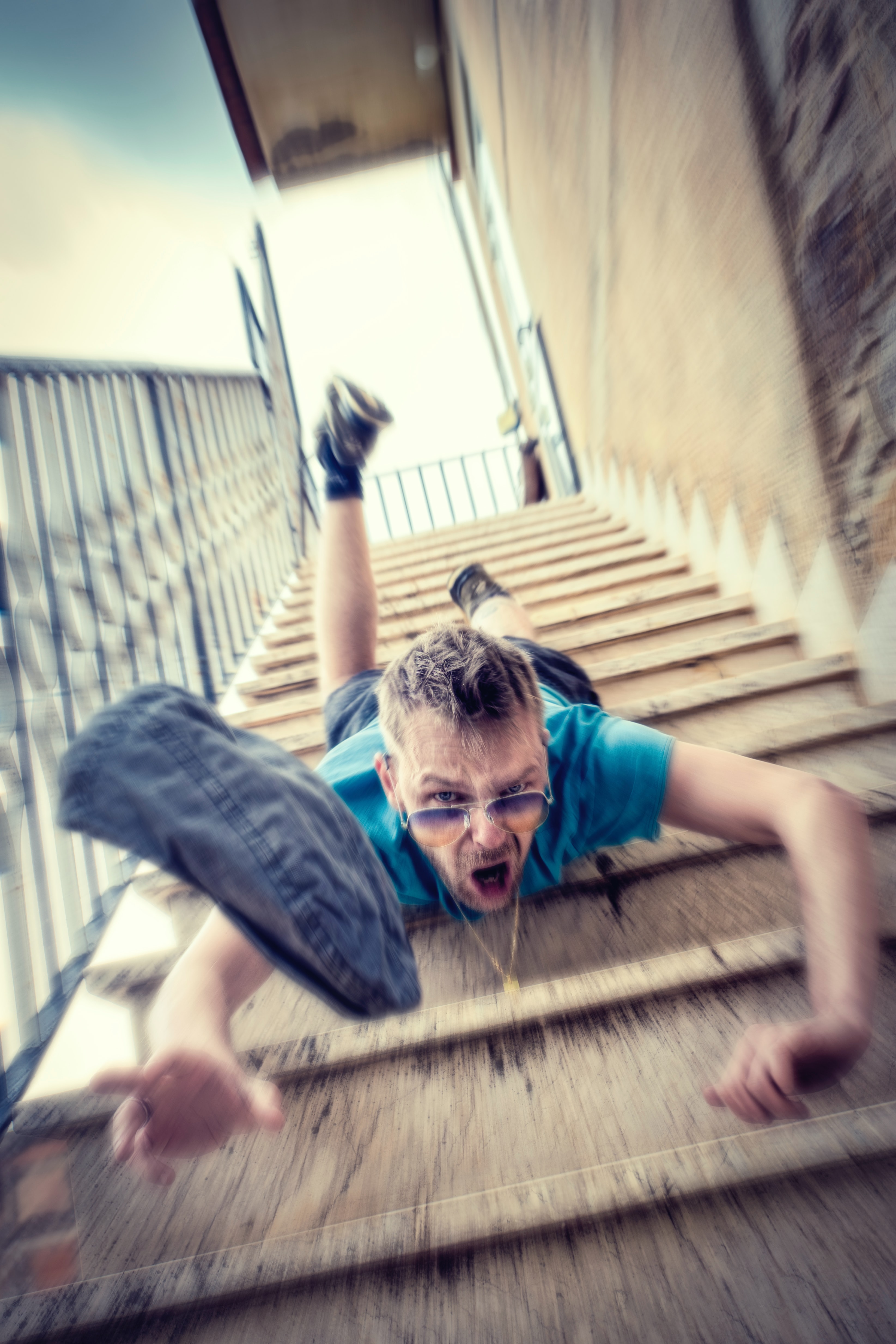An invitee is a person visiting a property to conduct business or make a purchase.
Premises liability, quite simply, applies to cases in which an injury is caused by unsafe conditions on the defendant’s property. These cases are typically due to negligence, and the injured must prove that the owner failed to take the appropriate steps to ensure a safe facility.
This failure to maintain the property to a safe standard can mean hefty penalties for the defendant and compensation for the plaintiff. By seeking legal representation, you ensure that you fully understand each stage of the process. An expert can walk you through the legal framework of your case.
What is Negligence?
Your getting hurt on the property does not necessarily mean that the owner was negligent. To prove premises liability, you have to show that the owner was aware of the hazards and failed to take the necessary steps to correct those dangers.
If the owner was not aware of the hazard, you can also argue that it was reasonable that he should have been aware of the unsafe conditions. An attorney can offer further guidance in building a case against the property owner.
Types of Cases
Premises liability is somewhat of a blanket term that can be used to cover the following scenarios:
- Slip and fall accidents
- Defective conditions on the property
- Snow and ice buildup
- Inadequate maintenance
- Elevator and escalator accidents
- Fires
- Dog bites
- Toxic fumes
- Leaks
In general, if someone receives an injury on a property and it can be shown that the owner was negligent, the owner can be held liable for the damages suffered by the victim.
If you have been hurt on business property, you will need a premises liability lawyer to help prepare and present your case. A legal expert can help you secure fair compensation for your injuries.
Slips and Fall Cases

Slip and fall cases are the most common accident victims experience on commercial properties. There may be many reasons behind such incidents; these include, but are not limited to:
- Snow and ice accumulation
- Broken sidewalks
- Wet floors
- Broken staircases or missing railings
- Unsecured carpets or rugs
- Exposed wires and extension cords
- Freshly waxed floors
Is the Business Owner Automatically at Fault?
Most people believe that if someone is hurt at a business, the business owner is always at fault. This is not necessarily true. If you are at a movie theater, restaurant, or office building and another customer spills liquid on the floor, causing you to slip and fall, is the owner responsible? Well, it depends.
If a customer spills a drink on the floor and the employees know about it and fail to clean it up, the store owner could be held responsible if someone falls and gets hurt. If, however, someone spills a drink and nobody observes the spill, it would be difficult to prove that the owner is liable for any injuries that occur.
There are other elements to consider as well, like the visibility of the spill and how much time elapsed until your fall. A lawyer can ensure that you collect valid evidence to support your claim.
Types of Property Visitors
Whether you are eligible for compensation may depend on the nature of your business at the company. There are different types of visitors; your visitor status is considered in the legal proceedings.
Trespassers
If you are hurt at a property where you are not lawfully welcome, you may have a hard time proving liability and getting compensation. If a property has an area that is off-limits to the public and has posted “danger” signs, you may not be able to claim damages if you trespass and get hurt.
Licensees
A licensee is a guest visiting a property for a non-business purpose. For example, if you are visiting a friend’s home for a party, you are considered a licensee. If you are hurt while acting as a licensee, you may be entitled to compensation if there are hazards the owner didn’t address.
Invitee
An invitee is a person visiting a property to conduct business or make a purchase. Business owners are expected to keep their properties safe for their customers. Invitees find it easy to claim and receive compensation for injuries.
Legal Representation
Having legal representation for a property liability case is essential. A lawyer can explain the overwhelming legal terminology and guide you through each stage of the process. Furthermore, with an expert working on your case, you can direct all your energy to recover from your injury.


Join the conversation!